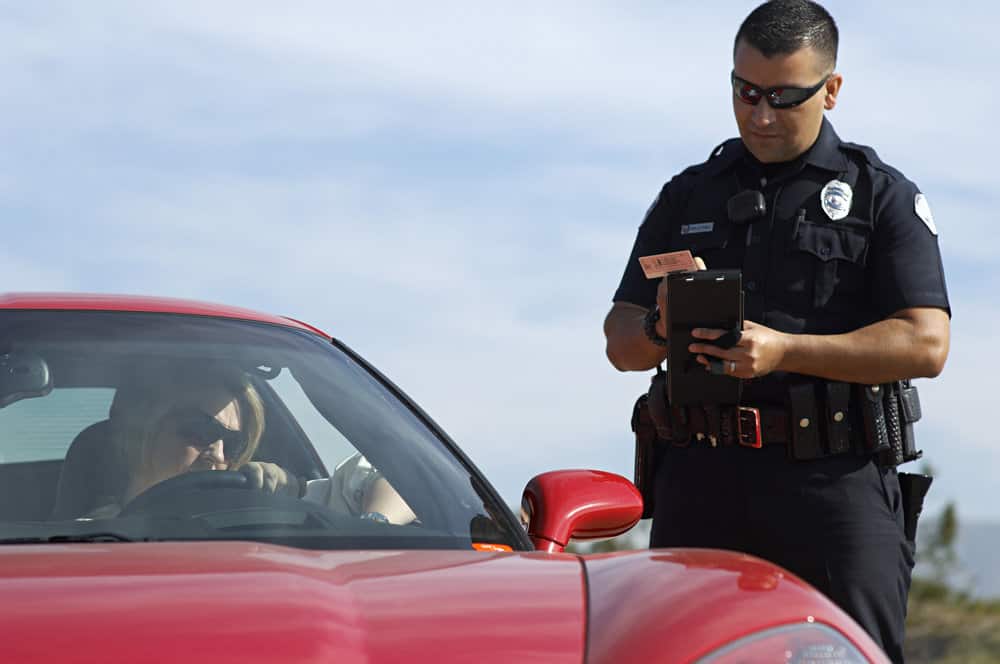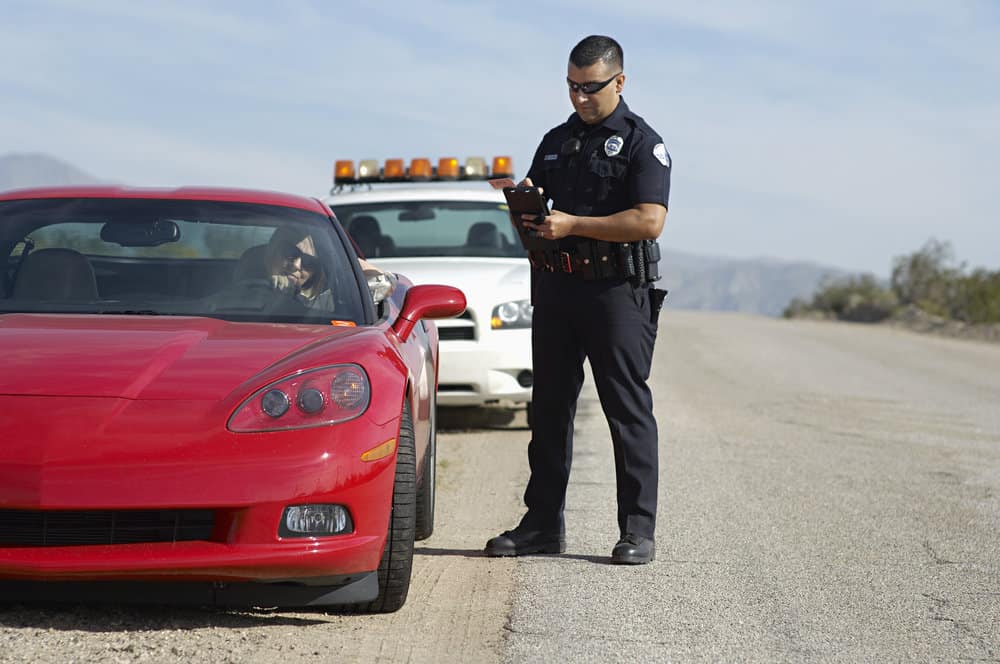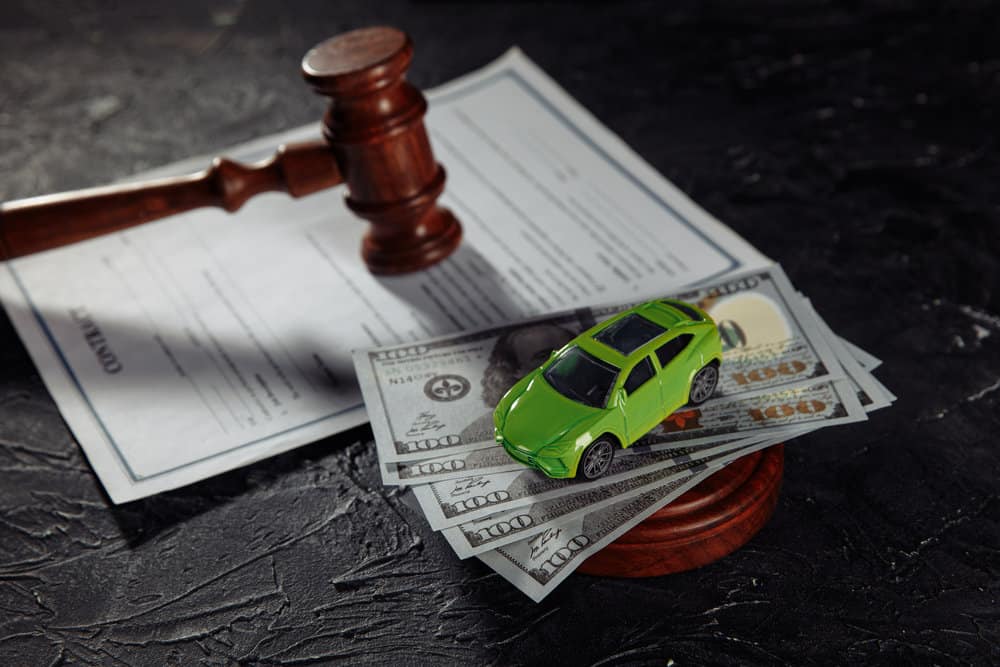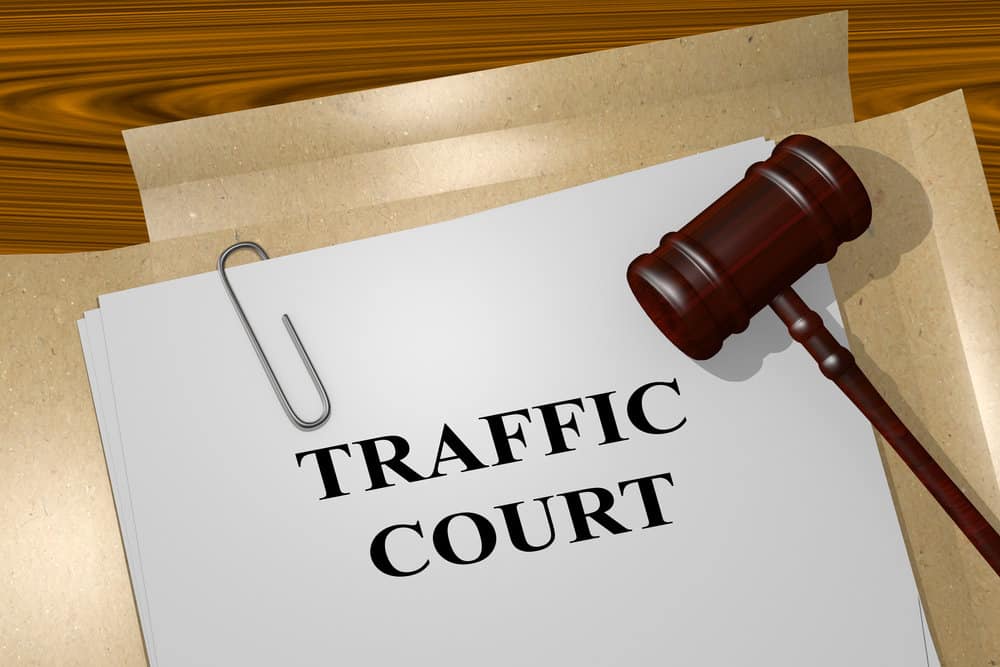

Speed is a less serious criminal offense than DUI or reckless driving. However, it doesn’t mean getting a speeding ticket won’t impact you significantly. Some consequences of a speeding ticket include paying a fine and license suspension. Repeated tickets may increase your license premiums.
Once you get a speeding ticket, it can negatively affect your driving record. Therefore, it’s best to fight to try and get a speeding ticket dismissed. However, you will logically ask how to get a judge to dismiss a speeding ticket.
Read on for some legal tips for getting your speeding ticket dismissed using a clever traffic court strategy.
According to Jerry’s insurance writer, the price of a speeding ticket will increase according to how much you have surpassed the speed limit. The same applies to how many negative points it will add to your license on the point system. Some states have stricter laws than others, and your state DMVs are the best place to understand each state’s unique point system.
Once you receive a speeding ticket from an officer, you must send this to your local court with a plea. You receive an assigned court date on which the judge reviews the violation, issues a fine, and the driver’s license points according to your state driving laws.
However, there are some instances where you can either get the speeding violation dismissed entirely or reduced.
Knowing how to get a judge to dismiss a speeding ticket may help to get you off the hook.
It’s your first speeding ticket: Whether you will be lucky enough to get a judge to dismiss your speeding ticket if you’re a first-time offender depends on the state you live in and the judge’s kindness. Some judges are more likely than others to do you a favor if your driving record is clean.
Identified a police officer made a mistake: Before writing a traffic ticket, the traffic officer must have evidence of how much you were speeding. If you believe the officer intentionally or unintentionally pulled you over, you must bring this up in court.
If your case is strong enough, the judge may dismiss the case. If the officer “presumed” you were speeding, you can challenge their subjective judgment by proving your speed was safe under the circumstances on the day.
For example, in good weather conditions, you slightly exceed the speed limit in light traffic. Additionally, if you determine the officer did not use radar to assess your speed, ask how they decided it, eliciting doubt from the judge.

You believe the equipment was faulty: Traffic cops use technology like radar guns to determine if you are speeding, have stopped at a traffic light, etc. You can get a dismissal of the speeding ticket if you have reason to believe the equipment used was faulty. The calibration records of the equipment can prove proper maintenance of the equipment. If it wasn’t, you may be able to prove it did not adhere to state or departmental standards.
The police officer fails to show up: When you send the ticket with your plea to the court, you receive a court date. Yours and the police officer’s presence are required on the day. If the police officer informs the court they cannot attend the proceeding on the day, the judge usually allows them to reschedule for another day. However, if the police officer does not show up, the judge will usually dismiss the case.
Incorrect information on your speeding ticket: Most judges will dismiss tickets with wrong information, including the make, model, year of manufacture, or car registration number. Your identification won’t usually matter because it can be proved in other ways.
If the officer stopped you with a radar but didn’t include this information on the speeding ticket, you should bring it up in court.
Tip: Challenging the above in court can prove difficult without an experienced attorney. For your defense to work, it doesn’t help to say, “The officer is lying” or “I wasn’t speeding.” You also cannot claim ignorance of the law.
According to LegalShield, it’s essential to go to court prepared if you intend to win, and an expert attorney is the best person to identify mistakes and make a strong enough case to lead to a speeding ticket dismissal.
When you receive a ticket for speeding, you can send a “guilty” plea to the court and pay the fine set by the judge on the court date.
If you want to contest it by finding ways to get a judge to dismiss a speeding ticket, you must plead “not guilty” and present yourself at court on the assigned date.
On arrival in court on the scheduled date, the prosecutor allocated to your case will meet you and may offer you a plea bargain for the speeding ticket. They may offer a ticket reduction if you have a clean record or are slightly over the speed limit.
Suppose you can prove to the prosecutor that you attended a traffic school course, you may also get the ticket removed from the record, or they may offer to exchange it for a less severe traffic violation like a parking ticket or failure to stop at a yield sign.
However, suppose you believe that you have a legitimate reason to have the traffic ticket dismissed. In that case, you must carefully and respectfully present your case to the prosecutor to ensure its dismissal. Unless you understand how the law works and how to negotiate, it’s best to get legal advice from a reputable traffic lawyer.
You might think a speeding ticket is a small hiccup, but think again. It’s more than just an annoying fine—your driving record, insurance premiums, and even your license could be at stake.
Before deciding to contest a ticket, weigh the long-term consequences. If this is your first offense and the minor fine, it might not be worth the hassle. However, if your driving record is at risk, or you already have points against your license, it’s time to strategize.

Wouldn’t it be helpful to get inside a judge’s head? Judges tend to dismiss speeding tickets based on specific criteria. A clean record can work in your favor, as can technicalities like faulty equipment or mistakes on your ticket.
Knowing how to argue your case can turn the tide. Let’s dig into some tactics.
Did the officer make a mistake? Whether it’s incorrect information on the ticket or a questionable judgment call, these can be your golden ticket to dismissal.
Radar guns aren’t infallible. If you suspect faulty equipment, ask for calibration records.
If the police officer fails to attend court, you might walk away scot-free. But don’t bank solely on this.
It’s tough to navigate these waters alone. An experienced traffic attorney can be invaluable in pinpointing weaknesses in the case against you.
You’ll meet the prosecutor before you face the judge. Here’s where you can negotiate.
When facing the judge in court, you and the police officer are under oath to tell the truth. Unless you can prove that the officer is lying, remember that the judge is likelier to believe them over you. Even though it’s not very common to get speeding tickets dismissed, it is possible to have a favorable outcome with a top-rated attorney.

Speeding tickets add points to your driving record. Accumulate too many, and you risk license suspension and increased insurance premiums.
You’ll face a fine, and points will be added to your driving license. The exact amount and points depend on how much you’ve exceeded the speed limit and your state laws.
Yes, under certain conditions like a clean driving record, police errors, or faulty equipment, a judge might dismiss your ticket.
While not mandatory, an experienced traffic attorney can help you navigate the legal intricacies and boost your chances of getting the ticket dismissed.
Generally, if the officer doesn’t show up, the judge will dismiss the case. However, the officer can sometimes reschedule.
Yes, you must plead “not guilty” and attend the court hearing on the assigned date. This is where you’ll present your case or negotiate with the prosecutor.
In some cases, yes. Completing a traffic school course might remove the ticket from your record or lessen the penalties.
Errors on your ticket, like wrong vehicle details or missing information, can sometimes lead to a dismissal when pointed out in court.
It depends on your situation. You might pay if it’s your first offense and the fine is low. However, fighting it could be worthwhile if you risk license suspension or higher insurance premiums.
Prosecutors might offer to reduce your speeding ticket to a lesser violation, like a parking ticket, especially if you have a clean driving record.
Different states have point systems that add demerits to your license for each traffic violation. Points vary depending on the severity of the offense. Accumulate too many, and you may face license suspension.